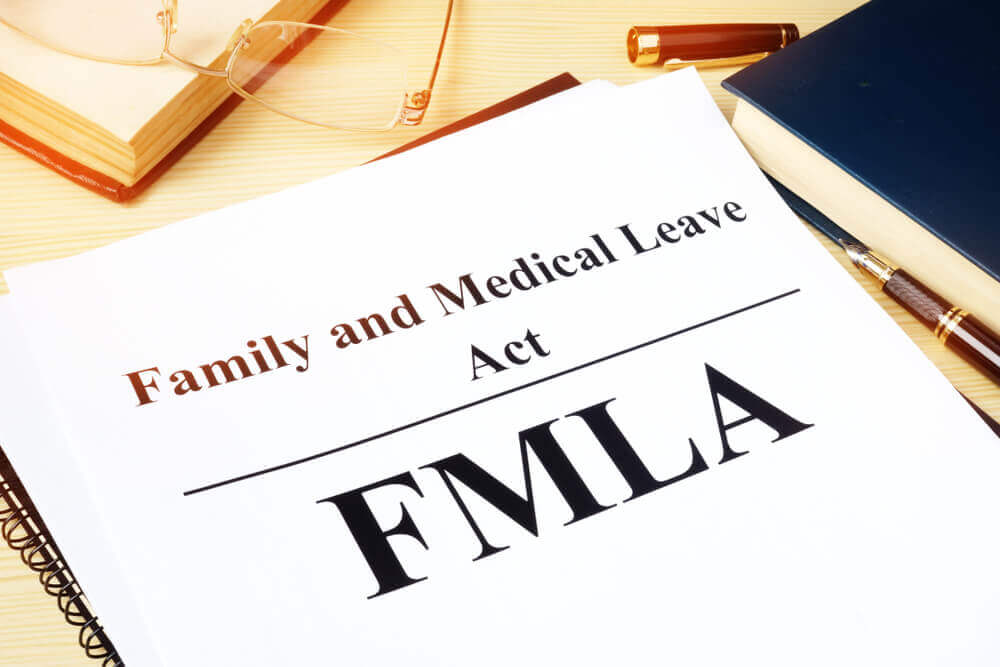The Social Security Administration (SSA) recently announced a 2.8% Cost-of-Living Adjustment (COLA) for 2026. This annual increase is designed to help keep Social Security and Supplemental Security Income (SSI) benefits in line with rising inflation and the cost of everyday necessities.
For millions of Americans who rely on disability benefits, this increase offers some relief heading into the new year. Understanding how COLA works and how it impacts your benefits can help you plan ahead and ensure you are receiving the full amount you deserve.
What Is a COLA and Why Does It Matter?
Each year, the SSA evaluates the Consumer Price Index (CPI-W) to determine whether the cost of living has increased. When prices for essentials such as food, housing, and healthcare rise, the SSA adjusts benefit payments accordingly.
A 2.8% COLA means that starting in January 2026, individuals receiving Social Security Disability Insurance (SSDI) or SSI will see a small but meaningful increase in their monthly payments. For example, the average disability benefit will rise from approximately $1,586 to $1,630 per month.
For many beneficiaries, that extra amount can make a real difference in managing bills, healthcare costs, and everyday living expenses.
Updated Key Figures for 2026
Along with the COLA increase, the SSA has announced adjustments to other key thresholds that affect disability eligibility and benefits:
- Substantial Gainful Activity (SGA): The monthly limit for non-blind individuals will rise from $1,620 to $1,690. This amount determines whether a person is considered capable of substantial work.
- Substantial Gainful Activity (SGA): The monthly limit for blind individuals will rise from $2,700 to $$2,830.
- Trial Work Period (TWP): The threshold will increase from $1,160 to $1,210 per month. This allows beneficiaries to test their ability to work without losing their benefits right away.
- SSI Federal Payment Standard: Monthly payments will increase to $994 for an individual and $1,491 for a couple.
While these changes are automatic, it is important to stay informed, especially if you are currently applying for benefits or in the middle of a review.
What If You Are Still Waiting for Approval?
If you have applied for disability benefits but your case is still pending, the COLA increase will apply once you are approved. Retroactive benefits will be calculated using the updated rates, ensuring that you receive the full amount owed based on the new standard.
If your claim was denied, you still have the right to appeal. Many applicants are approved after providing additional medical evidence or clarification during the appeal process. Working with an experienced disability attorney can significantly improve your chances of success.
How Disability Law Group Can Help
At Disability Law Group, we help individuals across Michigan and United States navigate the complex Social Security process, from initial applications to appeals. Our team understands how stressful it can be to face financial uncertainty while managing a health condition.
We handle all aspects of your case, including gathering medical records, communicating with the SSA, and ensuring that you receive every dollar you are entitled to under updated benefit rates.
If you have questions about your current benefits or need help applying for SSDI or SSI, we are here to guide you every step of the way.
Every Client Matters
No matter where you are in the process, whether you are applying, appealing, or already receiving benefits, you deserve experienced, compassionate advocacy.
Contact Disability Law Group today for a free consultation to learn how we can help you secure the benefits and peace of mind you deserve.






